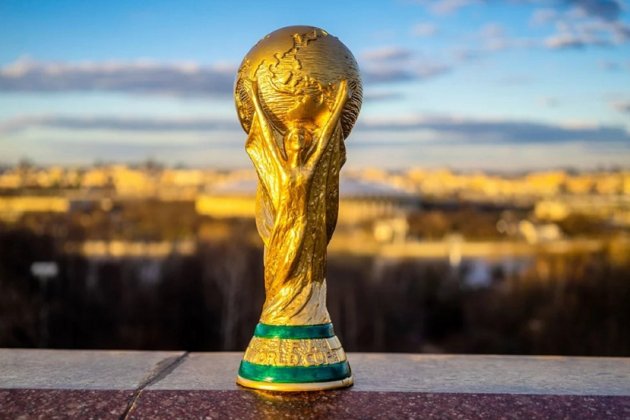FIFA has awarded the holding of the 2030 World Cup to the candidacy of Spain, Portugal and Morocco. With the exception of the opening matches, which will be held in Argentina, Paraguay and Uruguay - as a tribute to the first World Cup that was held on Uruguayan soil, in 1930 - the rest of the matches will be held in Spanish, Portuguese territory and Moroccan. FIFA has decided not to wait any longer to make its decision public, and the FIFA Council meeting - held this Wednesday - revealed that the bid led by Spain has been successful and the country will (partially) host its second World Cup 48 years after the first, in 1982.
The 2030 World Cup, an unprecedented tournament
Thus, it is official. The initial announcement made by Gianni Infantino has been transferred to the FIFA Congress, which is the body in charge of ratifying the decision taken, and it has been given the green light. Spain will host the World Cup in 2030, in a competition that will be historic. The prestigious tournament will be the first to be held on more than one continent - in fact, it will spread across 3 different continents: Europe, Africa and America - the latter being the pioneer in organizing a World Cup, specifically in Uruguay, a hundred years before the 2030 edition.

Thus, the FIFA Congress has given the go-ahead for the two bids to host the 2030 World Cup - the European/African and the South American candidatures - to come together to celebrate the tournament on an unprecedented intercontinental basis. The World Cup will thus be held in six different countries: Uruguay, with the opening match of the home team; Argentina, with the first match of the albiceleste; and, Paraguay, its national team's first match; then the rest of the tournament will switch to the northern hemisphere: Morocco, with matches at 4 or 5 stadia, Portugal, with 3 stadia, and Spain, with 10 different stadia, including the final.
The investment required for Spain to host the largest part of the prestigious tournament will be close to 1.4 billion euros, according to figures from the Spanish government, consisting of about 750 million for infrastructure and another 680 million for organizational expenses. The estimate made by the Spanish executive is far below the figure that Qatar invested in the holding of the last tournament, when it spent 200 billion dollars, making it the most expensive in history.

